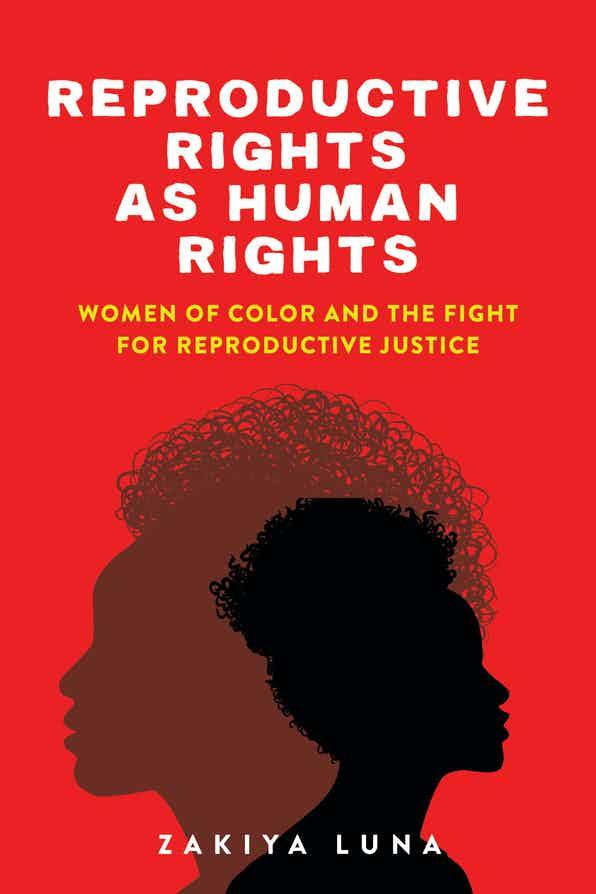Origins and Early Development

In the landscape of social justice, reproductive autonomy has long been a battleground for rights and recognition. The Reproductive Justice movement, a term born out of the crucial conversations among women of color in 1994, has aimed to remodel the dialogue around reproductive rights. It took root to address the nuanced ways intersecting identities affect access to reproductive health care and to broaden the focus beyond the pro-choice narrative.
The Cairo Conference and the Spark of a Movement
The discourse around reproductive rights was reframed when women of color coined the term 'Reproductive Justice' during the International Conference on Population and Development in Cairo. This paradigm shift was swiftly translated into action with an ad campaign by “Women of African Descent for Reproductive Justice,” calling on the Clinton Administration to stand behind its Cairo pledges within health care reforms.
SisterSong and the Mobilization of a Collective Voice

In 1997, SisterSong emerged as a dynamic collective network, founded by those very women who initiated the conversation and others who supported the cause. With the goal of advocating the right to reproductive justice, SisterSong set the stage for widespread community activism and legislative advocacy centered on reproductive justice.
Defining Reproductive Justice
By definition, Reproductive Justice is a holistic approach to ensuring the physical, mental, spiritual, social, and economic well-being of women and girls. The framework outlines three core rights: to have a child, not to have a child, and to parent children in safe and enabling environments. It underscores the necessity of economic, social, and political power to make informed decisions regarding sexuality and reproduction.
Intersectionality and Systematic Critique

Central to the movement is its intersectionality, emphasizing that sexuality and reproductive rights cannot be seen in isolation but are influenced by multiple social justices needs. This comprehensive outlook challenges systemic oppression on all fronts, particularly race, class, and ethnicity.
Reproductive Justice on College Campuses
Colleges, as institutions of privilege, also need a strong Reproductive Justice movement. Students must navigate their sexuality and autonomy in an environment that often does not prioritize their safety or rights, especially during their initial transition to college life. This underscores the importance of comprehensive sex education, prevention programs, and support for survivors.
Continued Advocacy and Education
The importance of embedding an intersectional analysis and awareness into the continued fight for justice cannot be overstated. As advocates and educators, organizations like SAFER strive to train campus activists and develop programs that adhere to the principles of Reproductive Justice.
Reproductive Justice and Travel
The ethos of reproductive justice transcends various aspects of life, including travel. Traveling, much like the pursuit of education, offers a potential for growth and understanding. When individuals venture away from home, staying at various accommodations, they bring their rights and autonomy with them. A world that upholds Reproductive Justice values supports a culture where travelers feel safe, empowered, and respected, no matter where they are. The acknowledgment of these rights is a reflection of a society’s commitment to ensuring justice and dignity for all, even when away from the familiar territory.